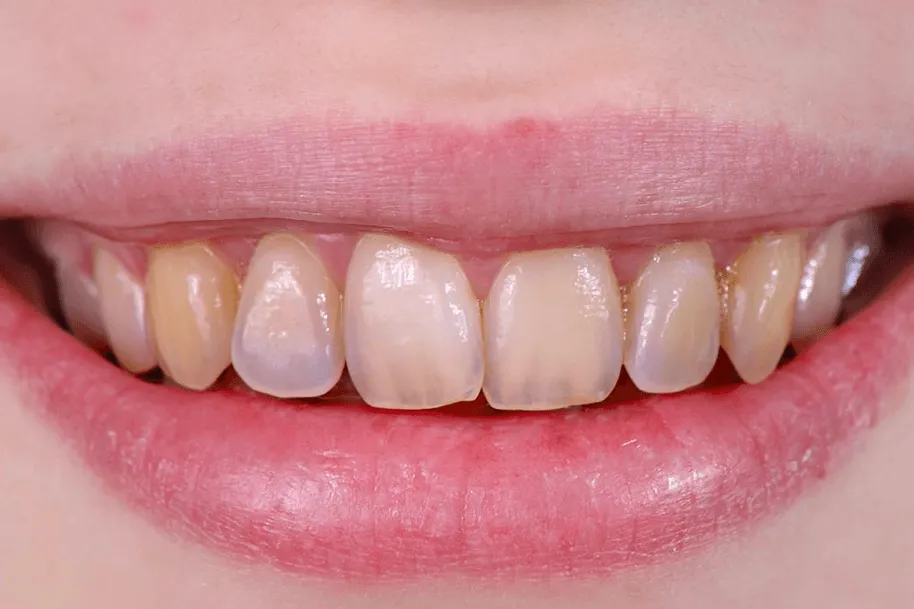The Impact of Teeth Whitening on Enamel
Teeth whitening has become a popular cosmetic procedure, promising a brighter, more confident smile. However, it’s essential to understand the potential impact on your tooth enamel. Enamel, the hard, outer layer of your teeth, is a protective shield against decay and sensitivity. The whitening process, while effective, can sometimes compromise the integrity of enamel if not approached with care and understanding. This article will explore the relationship between teeth whitening and enamel health, providing insights into how to achieve a dazzling smile without sacrificing your oral well-being. Before diving into the specifics, we’ll explore what enamel is and why it’s so important.
What is Tooth Enamel?
Tooth enamel is the hardest substance in the human body, primarily composed of minerals like calcium phosphate. It forms a protective layer over the dentin, the softer tissue beneath. This outer layer is translucent, allowing light to pass through and reflect off the dentin, which gives teeth their color. Enamel’s strength comes from its crystalline structure, which is incredibly resistant to wear and tear. However, this very hardness also makes it susceptible to erosion from acids and abrasive forces. Maintaining the health of your enamel is crucial, as it cannot regenerate; once it’s damaged, it’s gone. This understanding is fundamental to protecting your teeth during whitening.
The Role of Enamel in Oral Health
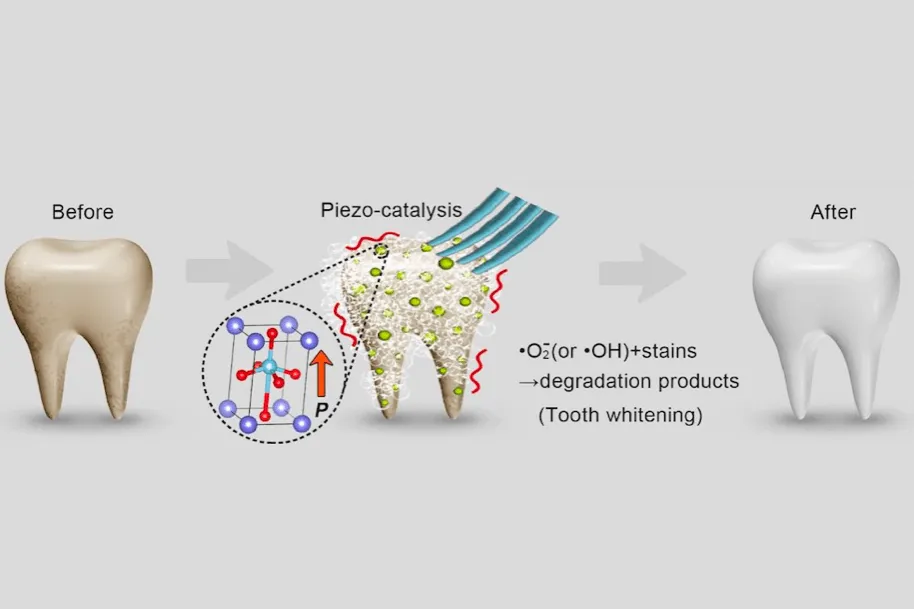
Enamel serves several vital functions in maintaining oral health. It acts as a barrier against bacteria, acids, and physical damage. Without enamel, teeth are significantly more vulnerable to cavities, sensitivity, and even tooth loss. It also plays a crucial role in chewing and biting, as its strength allows us to break down food efficiently. The health of your enamel affects the overall appearance of your smile, as its smooth surface and translucency contribute to the natural brightness of your teeth. Protecting your enamel is the cornerstone of good oral hygiene. Consider this when deciding to pursue any cosmetic teeth whitening options. Always make sure to consult a professional before undertaking a whitening regiment.
Top 5 Truths About Teeth Whitening & Enamel Damage
Teeth whitening, when done incorrectly, can lead to enamel damage. It’s vital to know the potential pitfalls to make informed decisions. Here are five key truths about teeth whitening and its impact on enamel health, so you can keep your teeth looking bright and healthy for a long time. These truths will help you understand what to look out for, whether you’re considering professional treatments or over-the-counter products. Before any procedures, always consult with a dentist to ensure that your teeth are healthy enough for whitening.
Truth 1 Over-Whitening Can Cause Sensitivity
Over-whitening is a common mistake, often leading to increased tooth sensitivity. Whitening agents, such as hydrogen peroxide or carbamide peroxide, work by penetrating the enamel to break down stain molecules. However, excessive or frequent use can weaken the enamel, making the teeth more porous and susceptible to sensitivity. This allows hot and cold sensations to reach the nerves within the teeth more easily. The best approach is to follow the instructions carefully and avoid exceeding the recommended treatment duration. If sensitivity occurs, pause the treatment and consult with your dentist. It’s important to note that sensitivity can be temporary, but it’s always better to err on the side of caution and avoid overdoing the whitening process. See a dentist if the sensitivity lasts more than a few days.
Truth 2 Some Products Are Too Abrasive
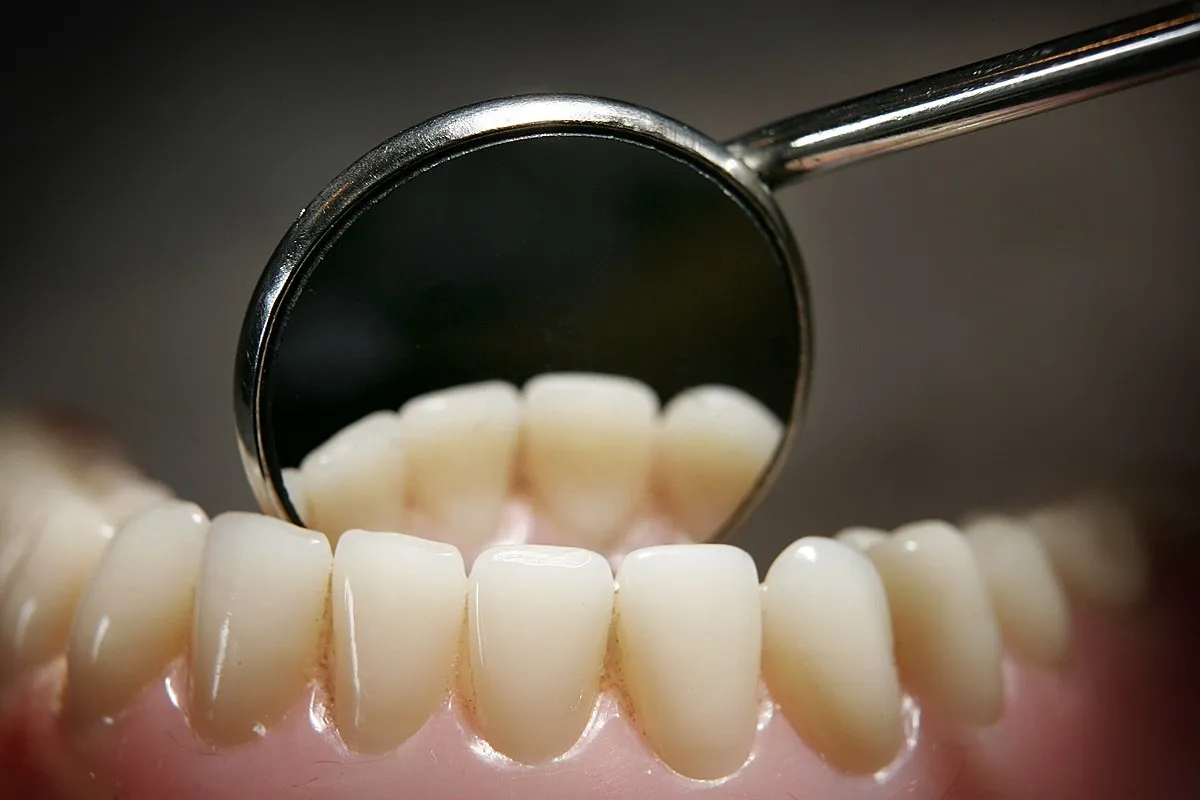
Not all teeth whitening products are created equal. Some contain abrasive ingredients that can physically wear away enamel. Toothpastes with high levels of abrasives and some whitening strips can be particularly damaging. Look for products that are labeled as enamel-safe. If you notice your teeth becoming more sensitive or if you see any changes in the texture of your teeth, discontinue use immediately and consult your dentist. Always choose products that prioritize the health of your enamel. Research is important to ensure that the product you choose is safe for you, as some whitening strips contain abrasive components. Be sure to select tooth whitening options that are effective and safe.
Truth 3 High Concentrations of Peroxide are Harmful
Whitening agents like hydrogen peroxide are effective at removing stains, but high concentrations can pose a risk to enamel health. Over-the-counter products often have lower concentrations, making them safer for home use. Professional treatments may use higher concentrations, but they are administered under the careful supervision of a dentist. Higher concentrations of peroxide can cause more rapid dehydration of the enamel, making it more susceptible to damage. Moreover, they can lead to more severe sensitivity and potential irritation of the gums. Therefore, always be mindful of the concentration of the whitening agent and follow professional guidance to minimize potential risks. The higher the concentration, the more cautious you need to be.
Truth 4 The Importance of Professional Guidance
Seeking professional guidance from a dentist is crucial for safe and effective teeth whitening. Dentists can assess your oral health, determine the appropriate whitening method, and monitor for any adverse effects. They can also offer customized treatments that are tailored to your specific needs and enamel condition. Professional treatments often involve stronger whitening agents, but because they are administered by a trained professional, the risks are minimized. Moreover, a dentist can provide valuable advice on aftercare and maintenance to preserve your enamel health. Before starting any whitening procedure, a dentist is always your best resource. Getting professional guidance is the safest way to achieve a brighter smile.
Truth 5 Aftercare is Crucial
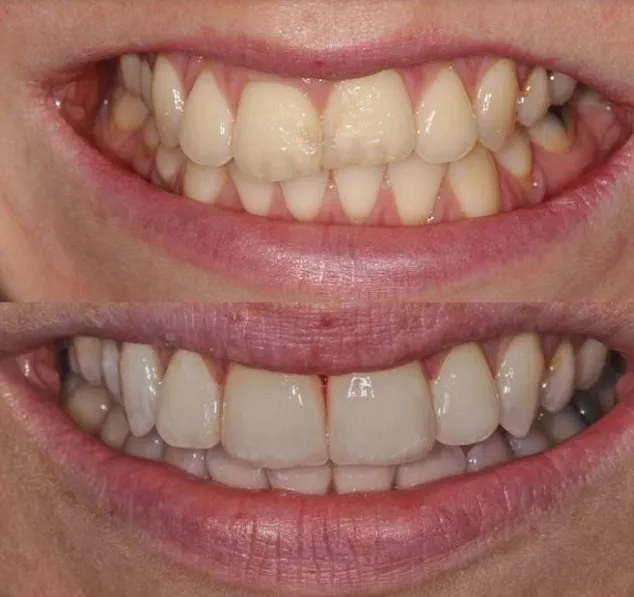
Aftercare is essential for protecting your enamel and maintaining the results of teeth whitening. This includes using a fluoride toothpaste to strengthen enamel and reduce sensitivity, avoiding staining foods and drinks like coffee, tea, and red wine immediately after whitening, and practicing good oral hygiene. Additionally, you may want to use a desensitizing toothpaste if you experience increased sensitivity. Regular dental checkups and cleanings are also important to monitor your enamel health and address any potential issues. Following your dentist’s recommendations for aftercare will help you preserve your enamel and maintain your bright smile for a long time. Consider this an important aspect of teeth whitening.
How to Protect Your Enamel During Whitening
While teeth whitening can be safe and effective, it’s important to take steps to protect your enamel during the process. This involves choosing the right whitening method, practicing good oral hygiene, and being mindful of potential risks. By following these guidelines, you can achieve a brighter smile without compromising the health of your teeth. You can have both a beautiful smile and healthy teeth. A good strategy is to consult with a dentist, who can provide personalized advice on how to whiten your teeth safely. Doing so allows you to receive professional recommendations that take into account your specific oral health.
Choosing the Right Whitening Method
The choice of whitening method can significantly impact your enamel health. Over-the-counter options like whitening strips and toothpastes are generally less potent, making them safer for at-home use. However, they may not be as effective as professional treatments. Professional whitening, performed by a dentist, offers the advantage of stronger whitening agents and expert monitoring, minimizing the risks to your enamel. Consider your individual needs, budget, and the advice of your dentist when choosing a method. If you have sensitive teeth or a history of enamel erosion, it’s especially important to consult your dentist before starting any whitening treatment.
Professional vs. Over-the-Counter Options
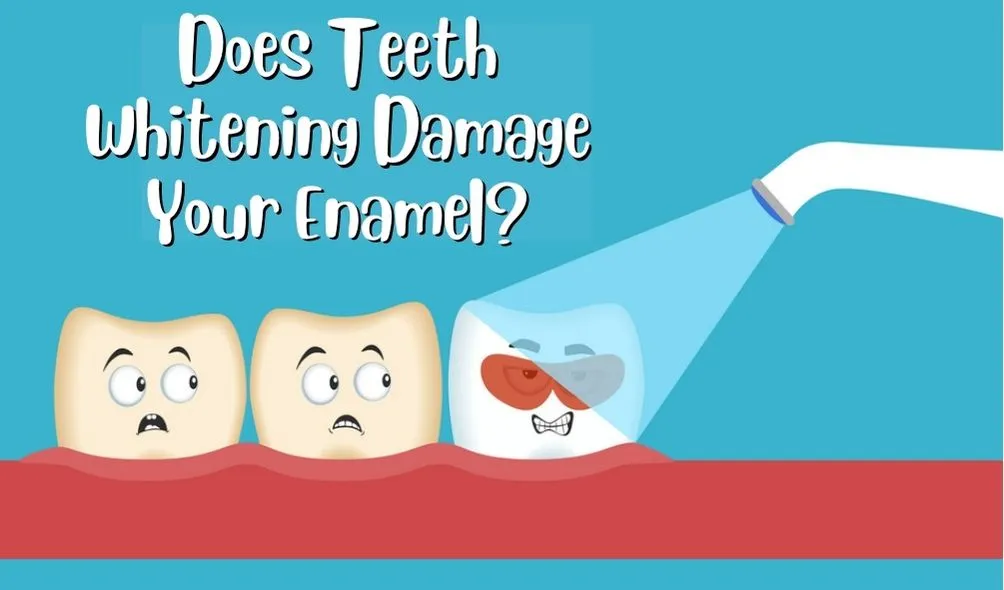
There are pros and cons to both professional and over-the-counter teeth whitening options. Professional whitening typically involves higher concentrations of whitening agents and is performed in a controlled environment. This can lead to faster and more dramatic results. However, it can also be more expensive and may cause more sensitivity. Over-the-counter options are generally more affordable and convenient, but they may not be as effective. It’s important to weigh the benefits and risks of each option and consider your individual needs and preferences. Your dentist can provide valuable insight and help you choose the best approach for your specific situation. Always talk to your dentist for any kind of teeth whitening procedure.
Maintaining a Healthy Smile After Whitening
Once you’ve achieved your desired level of brightness, it’s crucial to maintain a healthy smile and protect your enamel. This involves a consistent oral hygiene routine, regular dental checkups, and making informed choices about your diet and lifestyle. Proper aftercare not only preserves the results of your whitening treatment but also contributes to overall oral health. The goal is to keep your teeth bright and strong for years to come. Remember that a bright smile is only as good as the health of the teeth behind it, so give your teeth the care they need.
Best Practices for Oral Hygiene
Maintaining a diligent oral hygiene routine is paramount for preserving enamel health and the results of teeth whitening. This includes brushing your teeth twice a day with a soft-bristled toothbrush, using fluoride toothpaste, and flossing daily. You should also consider using an antibacterial mouthwash to help remove plaque and bacteria. Regular brushing and flossing remove food particles and plaque, preventing the build-up of acids that can erode enamel. Furthermore, be gentle when brushing and avoid excessive pressure, as this can also damage enamel. Following these simple steps will help protect your enamel and keep your smile looking its best.
Regular Dental Checkups
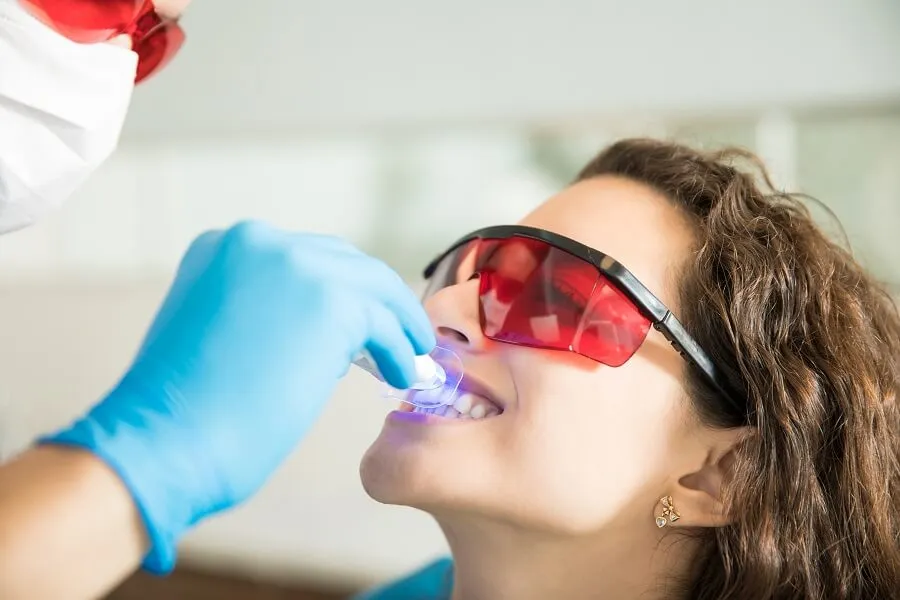
Regular dental checkups and cleanings are essential for maintaining both the health and appearance of your teeth. During these visits, your dentist can identify any early signs of enamel erosion, cavities, or other oral health issues. They can also professionally clean your teeth, removing plaque and tartar that can contribute to enamel damage. Regular checkups allow your dentist to monitor the results of your teeth whitening treatment and make recommendations for maintaining a bright, healthy smile. Schedule checkups every six months or as recommended by your dentist. Early detection and intervention are key to preserving your enamel and ensuring long-term oral health. This is one of the most effective ways to ensure that teeth whitening doesn’t come at the cost of your overall oral health. Get regular dental checkups.
